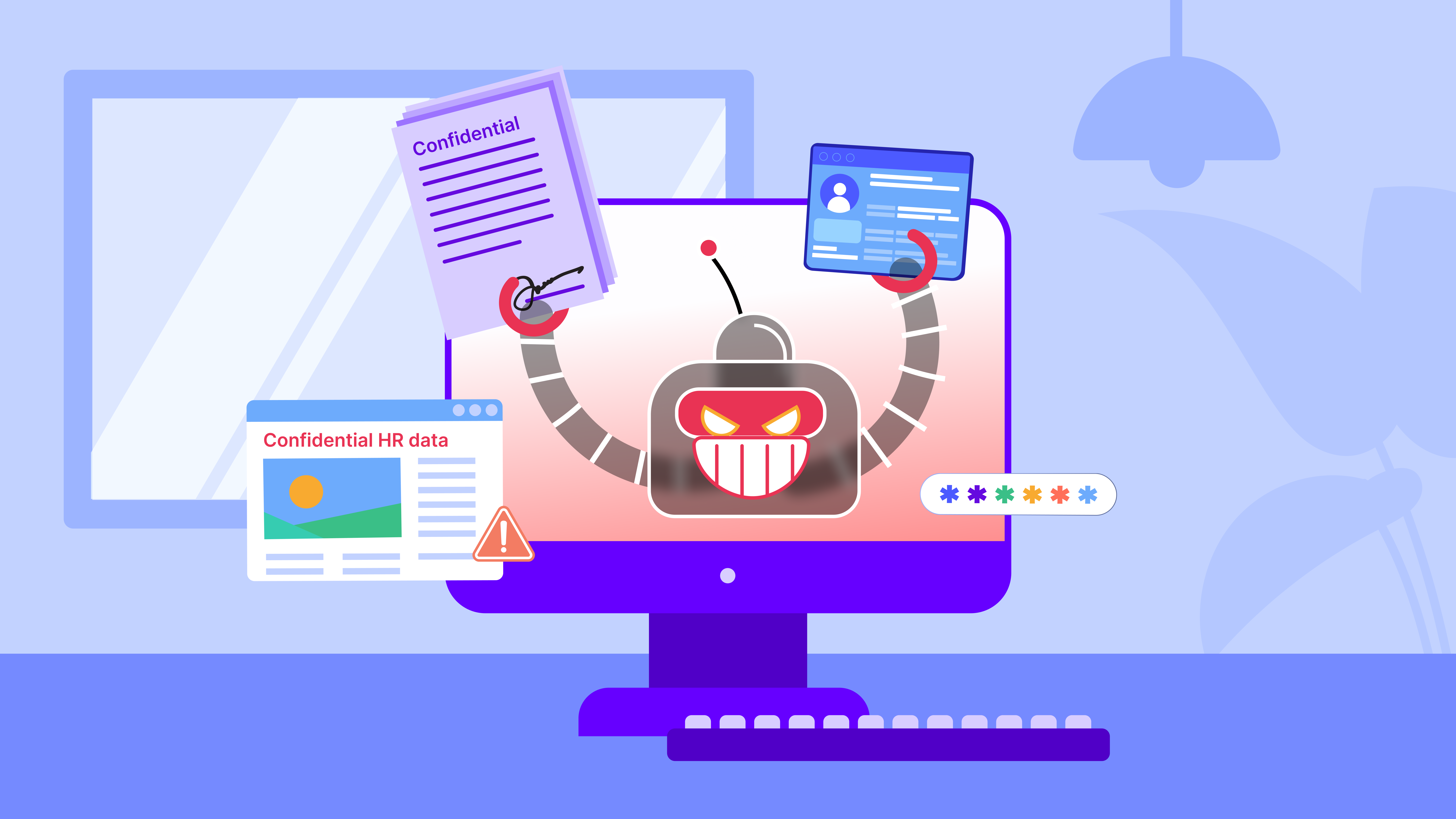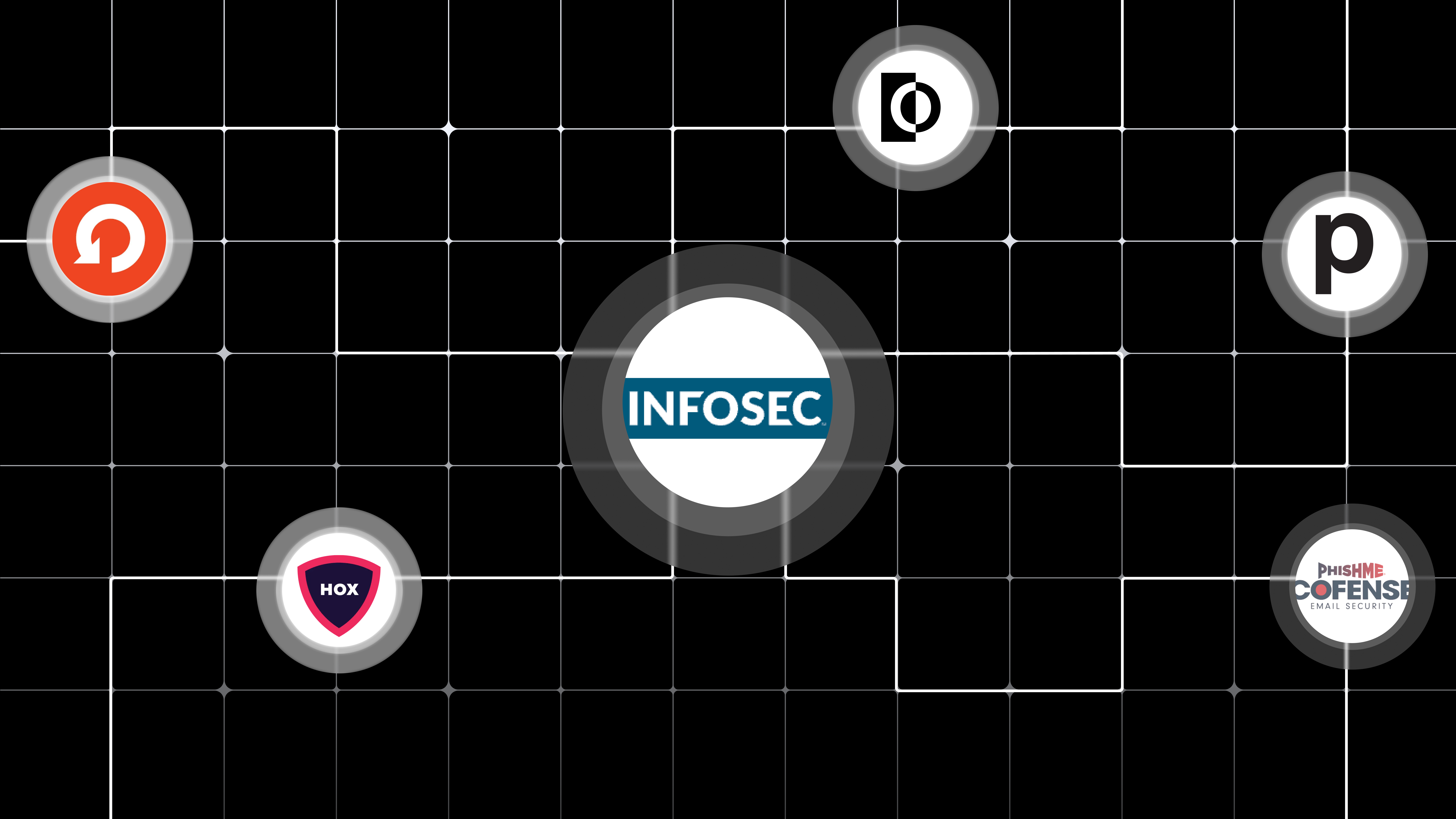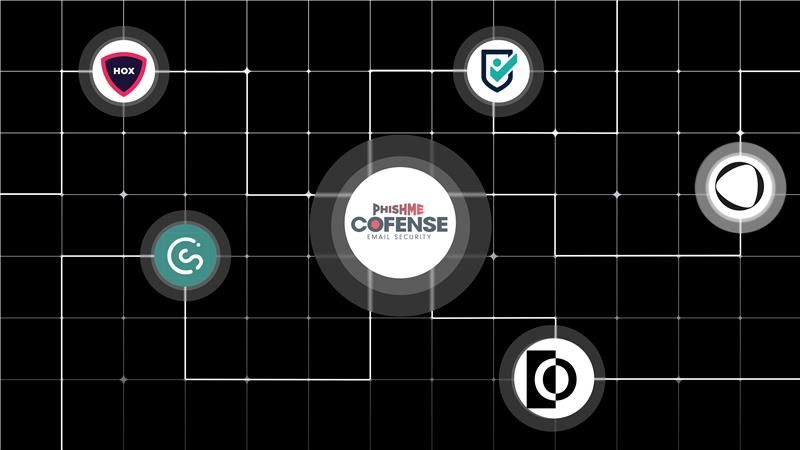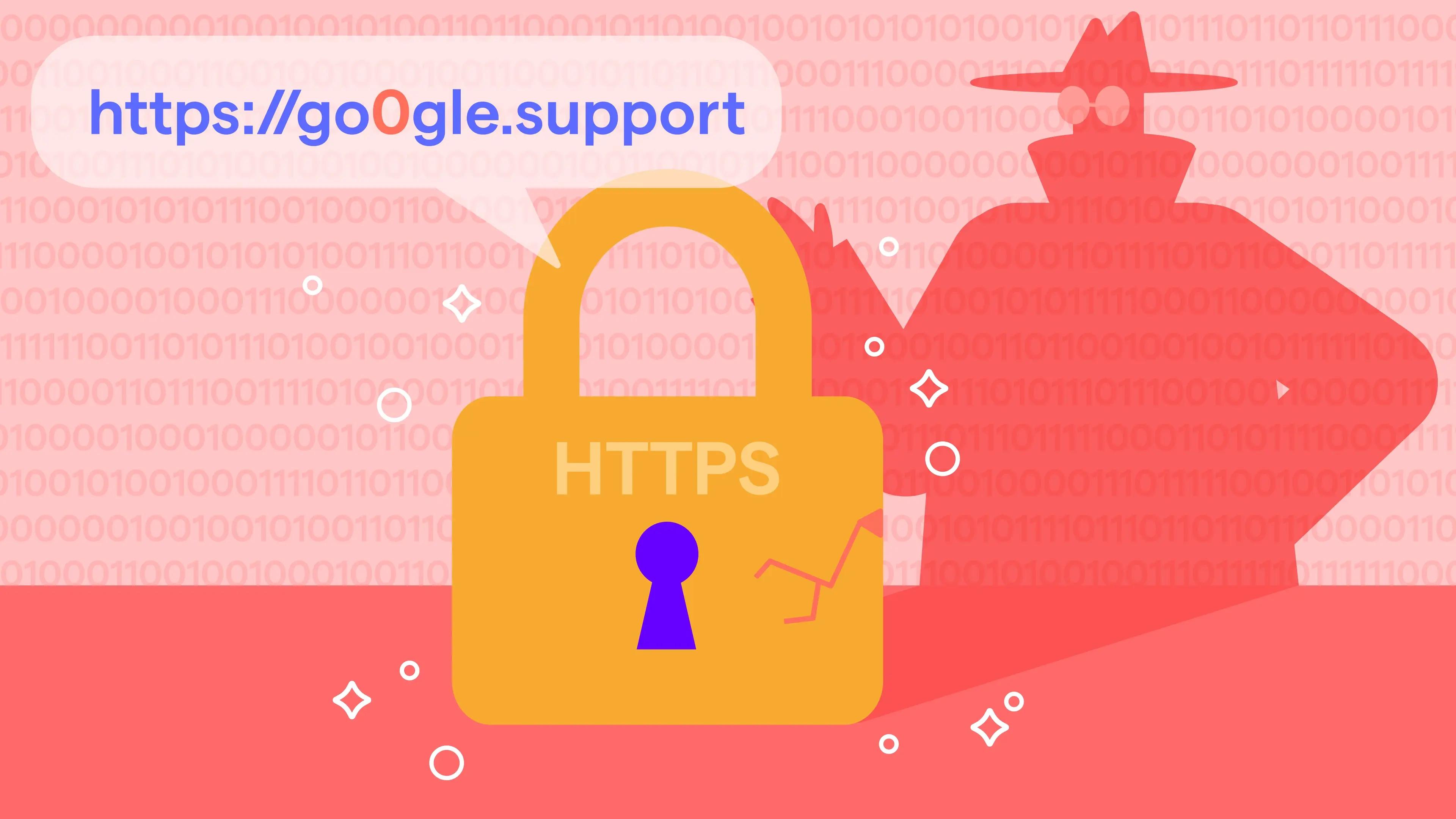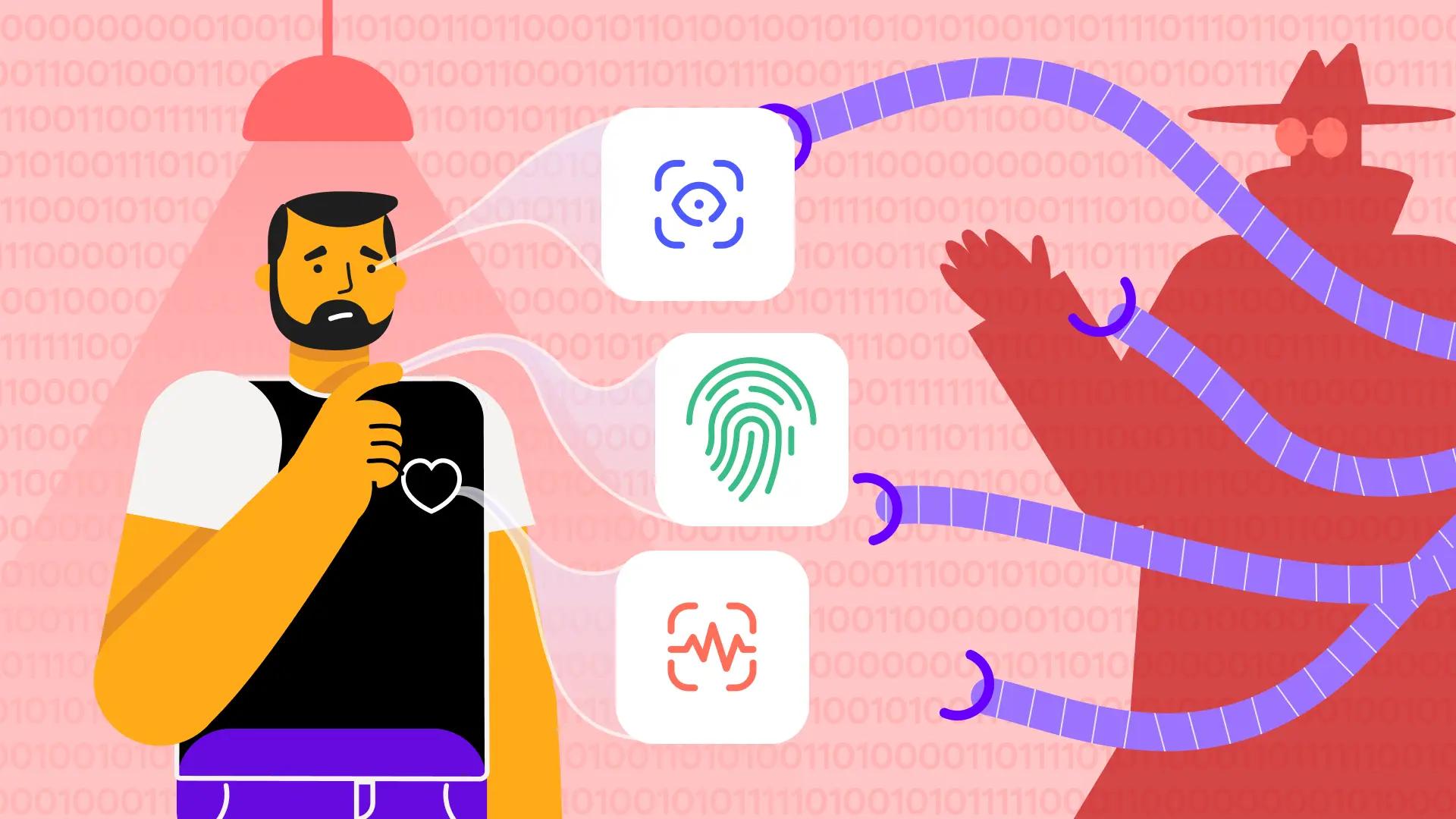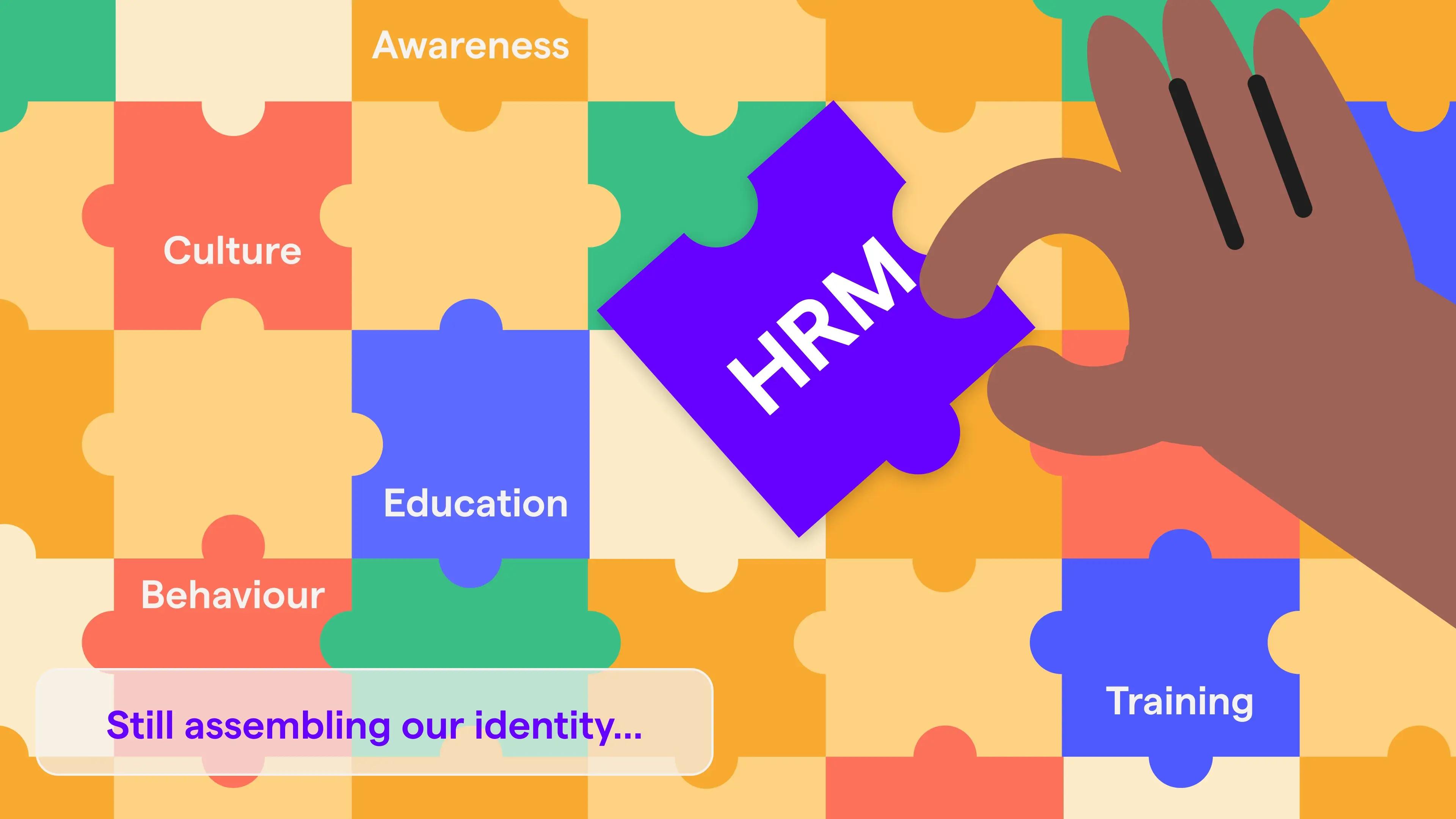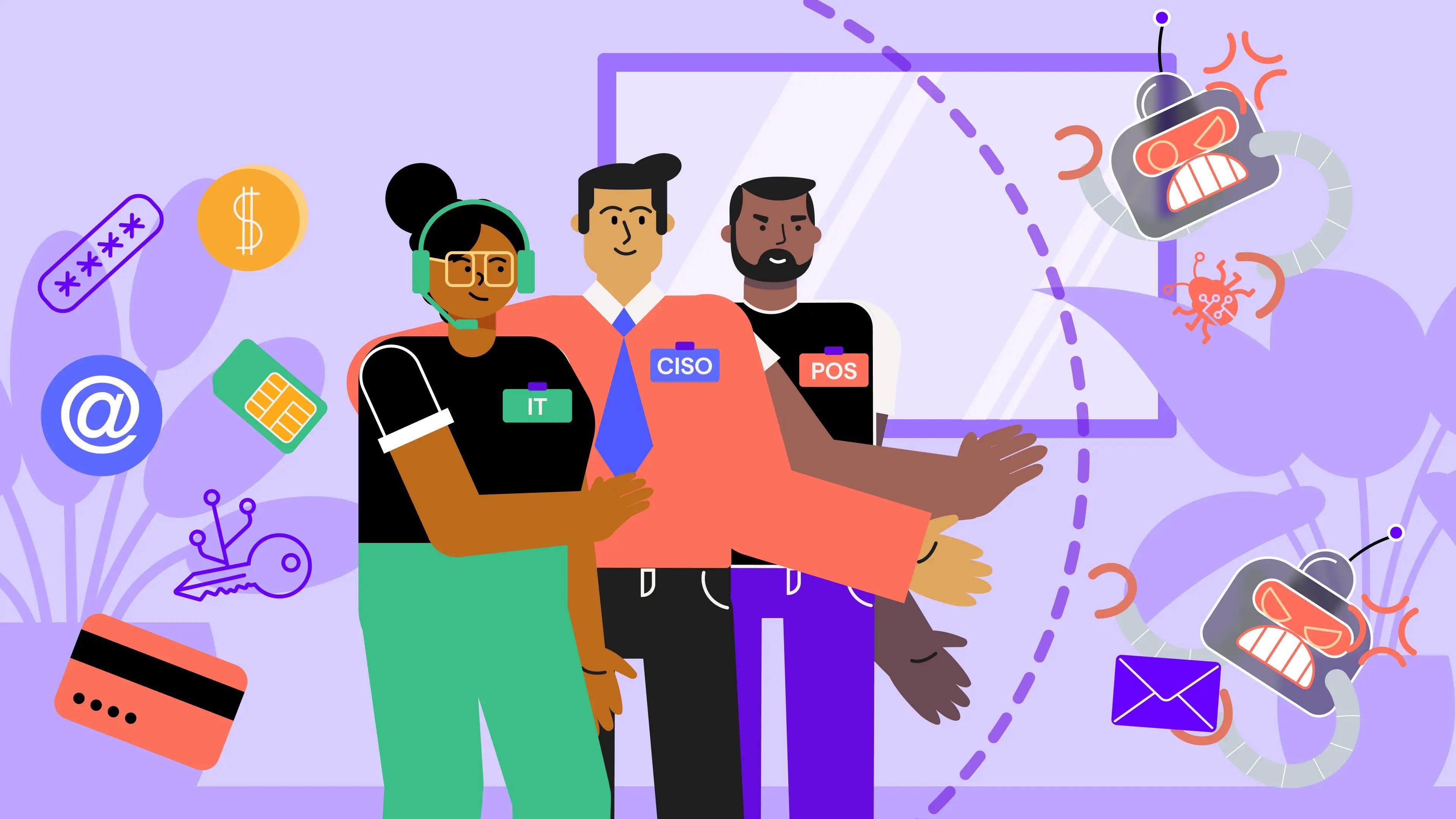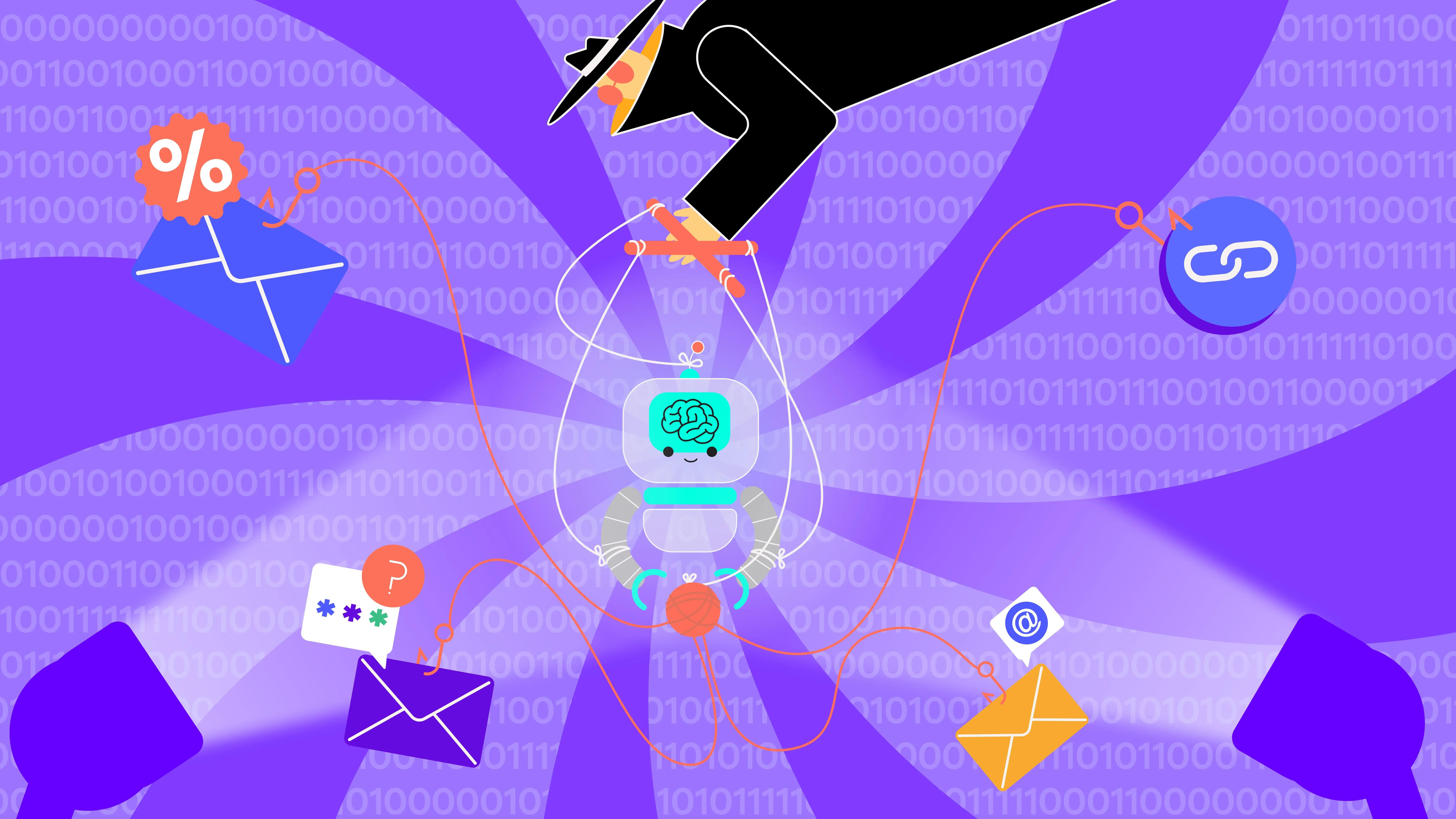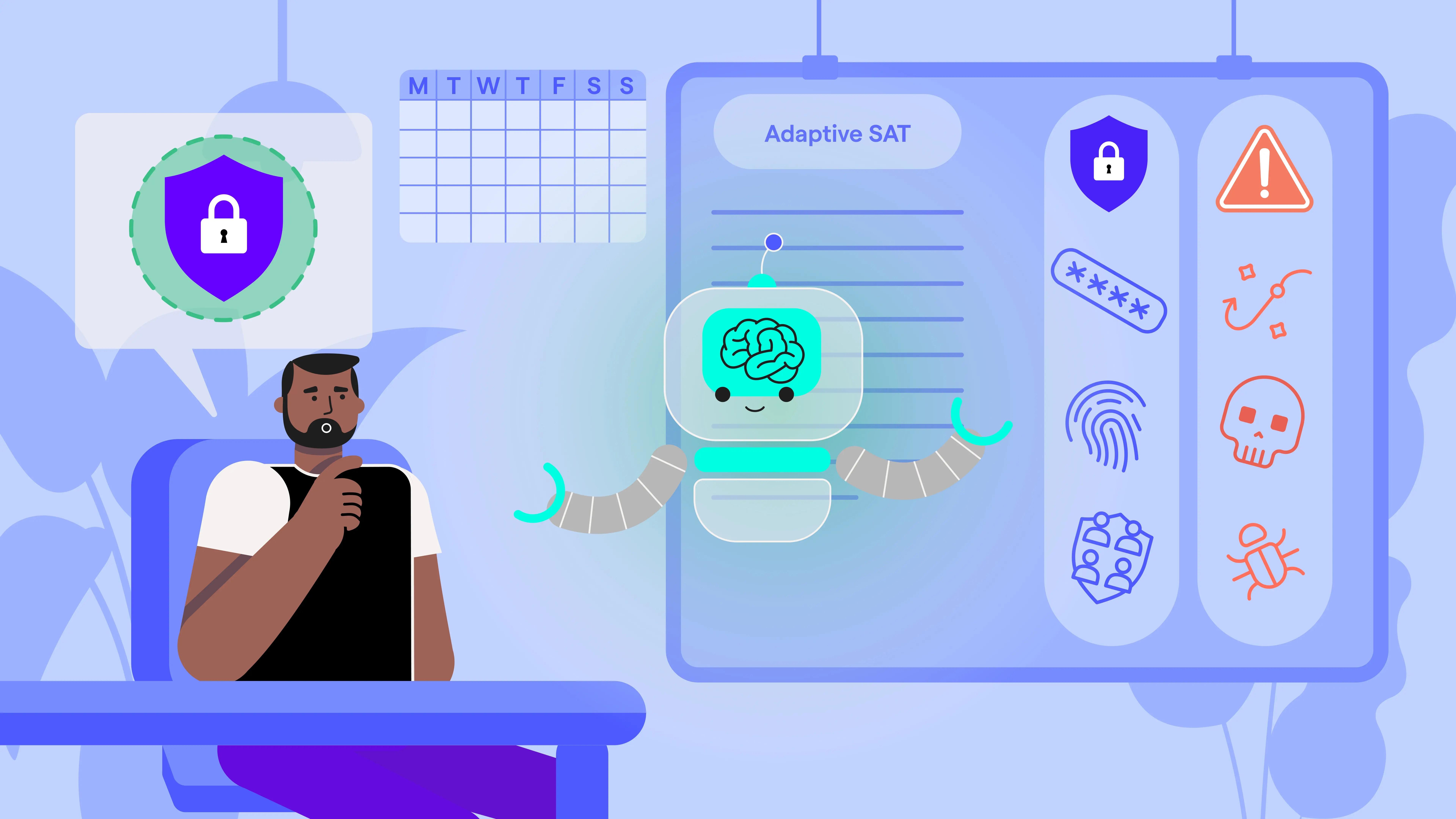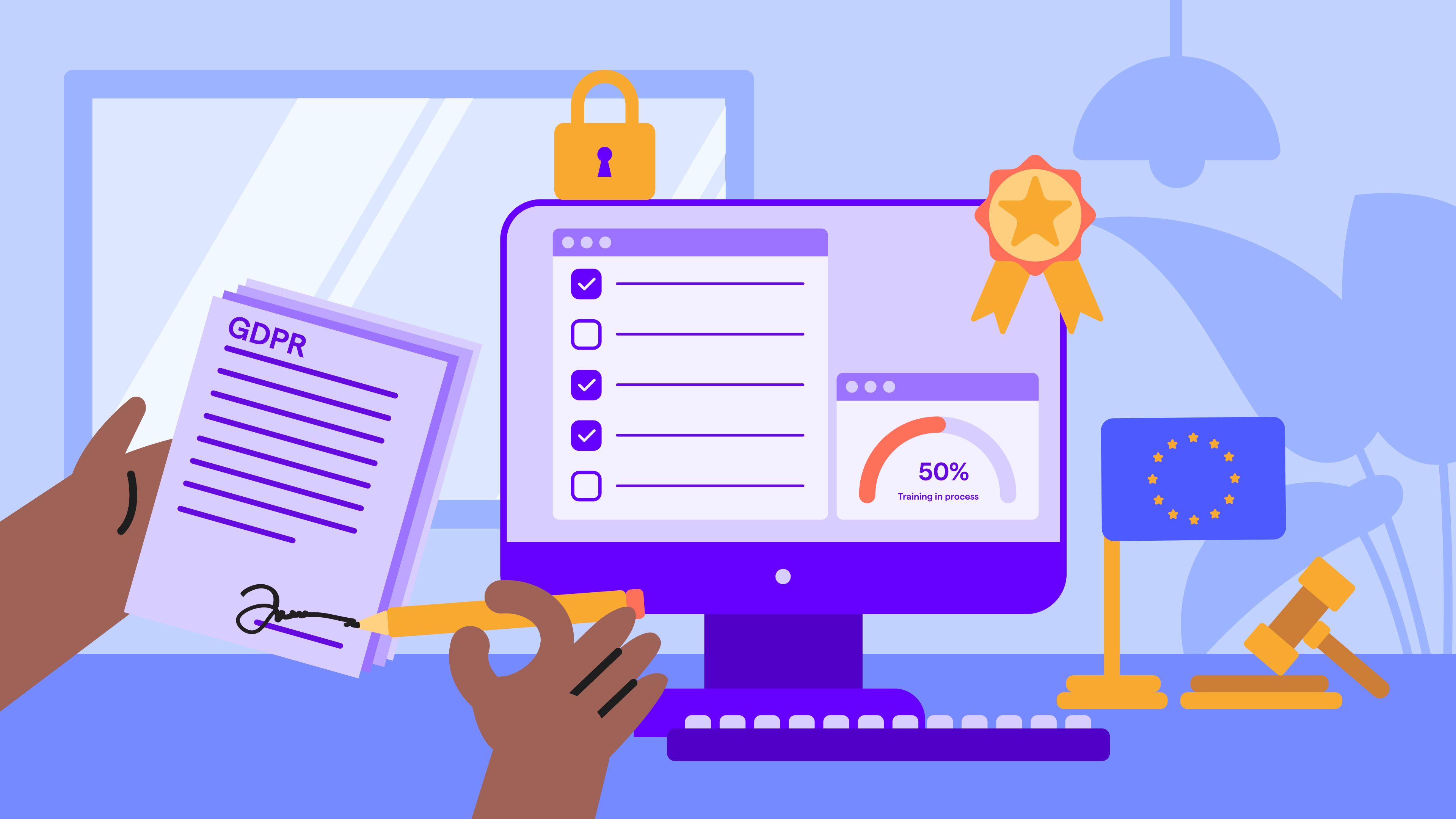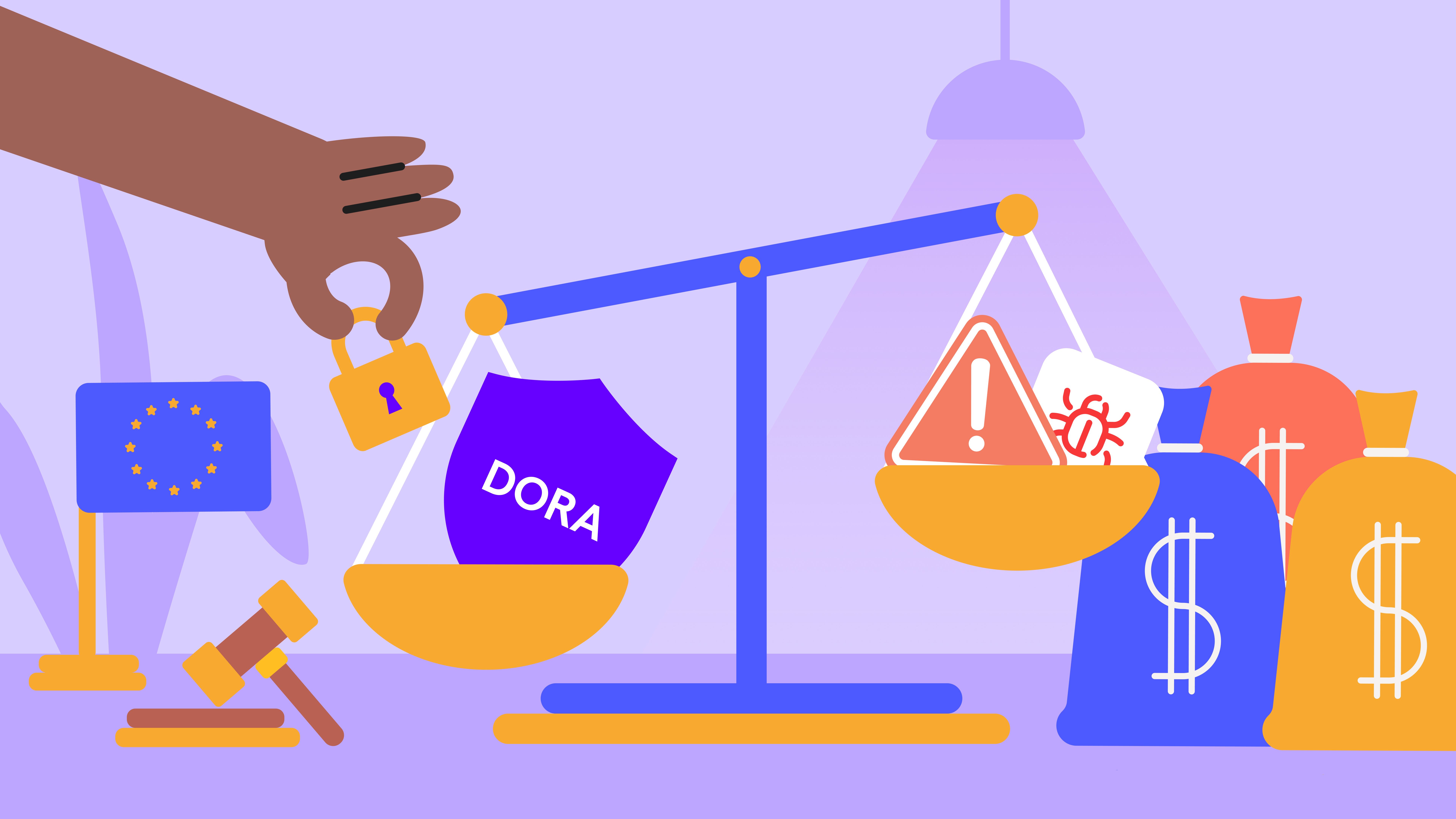
Data Privacy Week: How Convention 108 Paved the Way for Modern Privacy Laws
Jan 31

Discover OutThink's Cybersecurity Human Risk Management Platform
Why Data Privacy Week Matters
Data Privacy Week, celebrated annually during the last week of January, serves as a crucial reminder of the importance of protecting personal information in an increasingly interconnected world. It commemorates the signing of Convention 108, the first legally binding international treaty on data protection, adopted by the Council of Europe on January 28, 1981. This groundbreaking convention laid the foundation for modern privacy regulations, including the EU’s General Data Protection Regulation (GDPR), often considered the gold standard for data privacy.
In this blog, we explore how Convention 108 influenced the development of privacy laws worldwide, including the California Consumer Privacy Act (CCPA) in California and the Personal Information Protection and Electronic Documents Act (PIPEDA) in Canada. We’ll also discuss why unified global efforts toward data protection are increasingly vital in today’s digital age.
What is Convention 108?
Adopted by the Council of Europe, Convention 108 established principles that still underpin many of today’s privacy laws. It was the first framework to define personal data, mandate legal protections, and safeguard individuals’ privacy across borders.
Key principles introduced in Convention 108 include:
- The lawful and fair processing of personal data.
- Safeguards against misuse of personal information.
- Rights for individuals to access, rectify, or delete their data.
Over time, Convention 108 has evolved, with the adoption of Convention 108+ in 2018, modernizing its principles to address emerging technologies like AI and cross-border data flows. This evolution demonstrates its continued relevance in shaping data privacy laws globally.
From Convention 108 to GDPR: Setting a Global Standard
Building on the foundation of Convention 108, the GDPR was enacted in 2018, transforming data privacy into a core priority for organizations worldwide. GDPR reinforced many of Convention 108’s principles, such as data minimization and transparency, while introducing stricter enforcement mechanisms, including hefty fines for non-compliance.
GDPR also broadened the scope of data protection by:
- Establishing the right to be forgotten.
- Mandating explicit consent for data processing.
- Imposing stringent breach notification requirements.
This regulation has inspired other jurisdictions to enhance their privacy frameworks, making GDPR a global reference point for data protection laws.
The U.S. Approach: The CCPA and State-Led Privacy Laws
In contrast to the EU’s unified approach, the United States lacks a federal data privacy law. Instead, states like California have taken the lead with the CCPA, enacted in 2020.
The CCPA, while influenced by GDPR, takes a unique approach:
- It grants California residents the right to be made aware of, delete, and opt out of the sale of their personal information.
- It places significant responsibility on businesses to disclose their data collection practices.
- Unlike GDPR, it does not mandate a legal basis for processing personal data but focuses on consumer rights and transparency.
While the CCPA represents a step forward, the fragmented nature of U.S. privacy laws—where regulations vary by state—creates challenges for organizations operating nationwide. This patchwork system underscores the need for comprehensive, federal privacy legislation.
Canada’s Approach: PIPEDA and the Push for Modernization
Canada’s Personal Information Protection and Electronic Documents Act (PIPEDA), enacted in 2000, governs how private-sector organizations collect, use, and disclose personal information. While it shares similarities with GDPR—such as requiring meaningful consent—PIPEDA lacks the enforcement power and scope of the European regulation.
To modernize its privacy framework, the Canadian government introduced Bill C-27, also known as the Digital Charter Implementation Act 2022. This proposed legislation would replace PIPEDA with the Consumer Privacy Protection Act (CPPA), which introduces stricter compliance requirements, enhanced enforcement powers for the Privacy Commissioner, and higher penalties for non-compliance.
In addition, Bill C-27 includes the Personal Information and Data Protection Tribunal Act and the Artificial Intelligence and Data Act, addressing emerging challenges like AI. These updates aim to better align Canada’s laws with international standards such as GDPR while ensuring stronger data protections for Canadians.
As these changes unfold, businesses must adapt to stay compliant, protect consumer trust, and remain competitive in a global digital landscape.
Bridging the Gap: Why Global Privacy Efforts Matter
The digital economy operates across borders, making global alignment on data privacy essential. While GDPR has set a strong precedent, frameworks like Convention 108+ highlight the need for international cooperation to address emerging challenges.
Key areas for collaboration include:
- Cross-Border Data Transfers: Ensuring data flows securely between jurisdictions with differing privacy laws.
- AI and Emerging Technologies: Addressing how innovations impact personal privacy.
- Consumer Empowerment: Educating individuals about their privacy rights to foster a culture of accountability.
Initiatives like Data Privacy Week play a crucial role in raising awareness and encouraging dialogue among policymakers, organizations, and individuals.
How Businesses Can Commemorate Data Privacy Week
1. Educate Employees and Customers
Use Data Privacy Week as an opportunity to deliver targeted training on privacy laws like GDPR, the CCPA, and PIPEDA through OutThink's Cybersecurity Human Risk Management platform. Help employees understand their role in protecting data and educate customers about their privacy rights.
2. Conduct Privacy Audits
Review your organization’s data handling practices to ensure compliance with applicable laws. Focus on areas such as data minimization, consent management, and breach response protocols.
3. Promote Transparency
Update your privacy policies to clearly explain how personal data is collected, used, and shared. Transparency builds trust and demonstrates your commitment to data protection.
Shaping the Future of Data Privacy
As we commemorate Data Privacy Week, it’s important to reflect on the progress made since Convention 108 and recognize the work that remains to be done. While GDPR has raised the bar globally, frameworks like the CCPA and PIPEDA demonstrate the unique approaches regions take to balance innovation and privacy.
Moving forward, collaboration between governments, businesses, and individuals is essential to building a secure and privacy-conscious digital future. By prioritizing awareness and proactive measures, organizations can lead the charge in protecting personal data and fostering trust.
Take the Next Step Towards Privacy Excellence
Are you ready to enhance your organization’s privacy practices? Explore how OutThink’s Adaptive Security Awareness Training can help your workforce stay informed and compliant with global privacy regulations. Empower your employees, protect consumer trust, and lead the way in data protection excellence.





